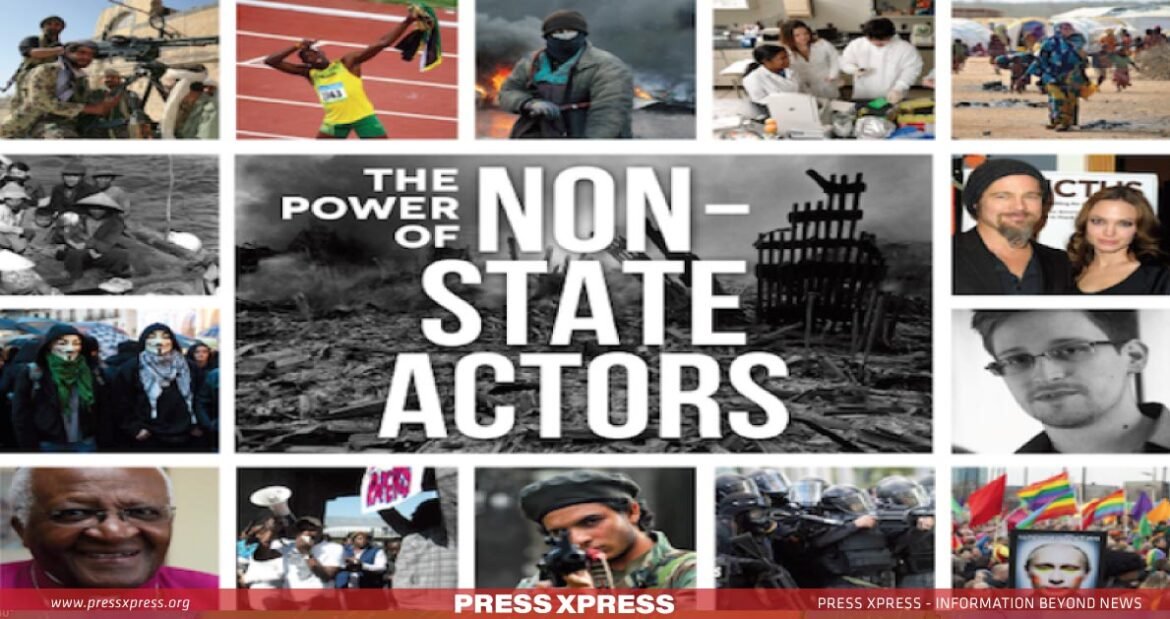Non-state actors are becoming increasingly influential in global politics. These actors, which include non-governmental organizations (NGOs), corporations, and armed groups, are reshaping the geography of international relations and policy. Operating outside the traditional frameworks of states, non-state actors often wield significant power and challenge the conventional role of states in the global arena.
The rise of non-state actors is driven by the rapid advances in technology and the ever-growing interconnectedness of the world through globalization. By leveraging social media platforms and global networks, these actors can amplify their influence, mobilize support, and access resources across national borders.
The Influence of Non-State Actors

Non-governmental organizations are at the forefront of advocating for environmental and human rights policies on a global scale. They work tirelessly to raise awareness about pressing issues and push for sustainable practices.
Similarly, multinational corporations, have a substantial impact on the economies and policies of the regions in which they operate, often wielding immense power and influence. In conflict zones, armed groups actively participate in ongoing conflicts, frequently leading to significant geopolitical consequences that extend far beyond the borders of the countries involved.
Individuals and NGOs
Renowned figures like Malala Yousafzai use their platforms to advocate for human rights and education, while celebrities and activists influence public opinion and policy through their visibility and reach.
Malala’s activism has led to increased global awareness and funding for girls’ education. The Malala Fund, founded by Malala and her father, works in several countries, including Nigeria, Afghanistan, Brazil, and India, to advocate for policy changes that support girls’ education
NGOs, such as Greenpeace and Amnesty International, have a substantial impact on international policies by advocating for environmental protection and human rights. These organizations lobby governments, raise awareness on global issues, and often fill gaps left by governments by providing essential services and promoting social change.
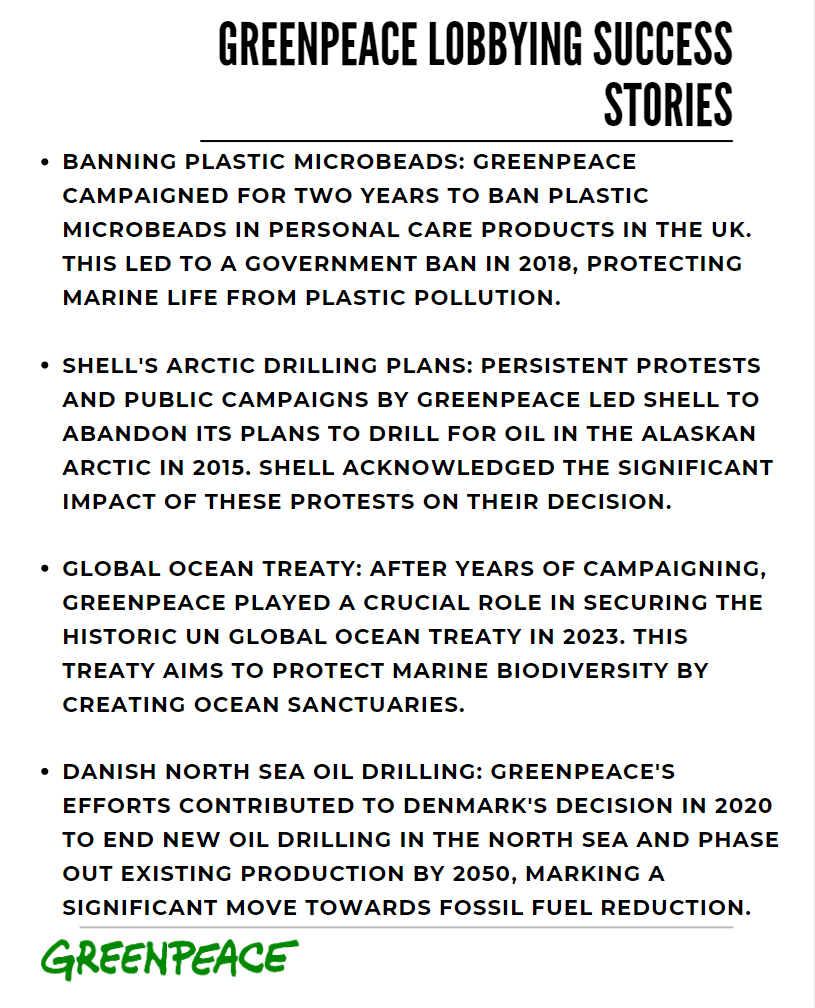
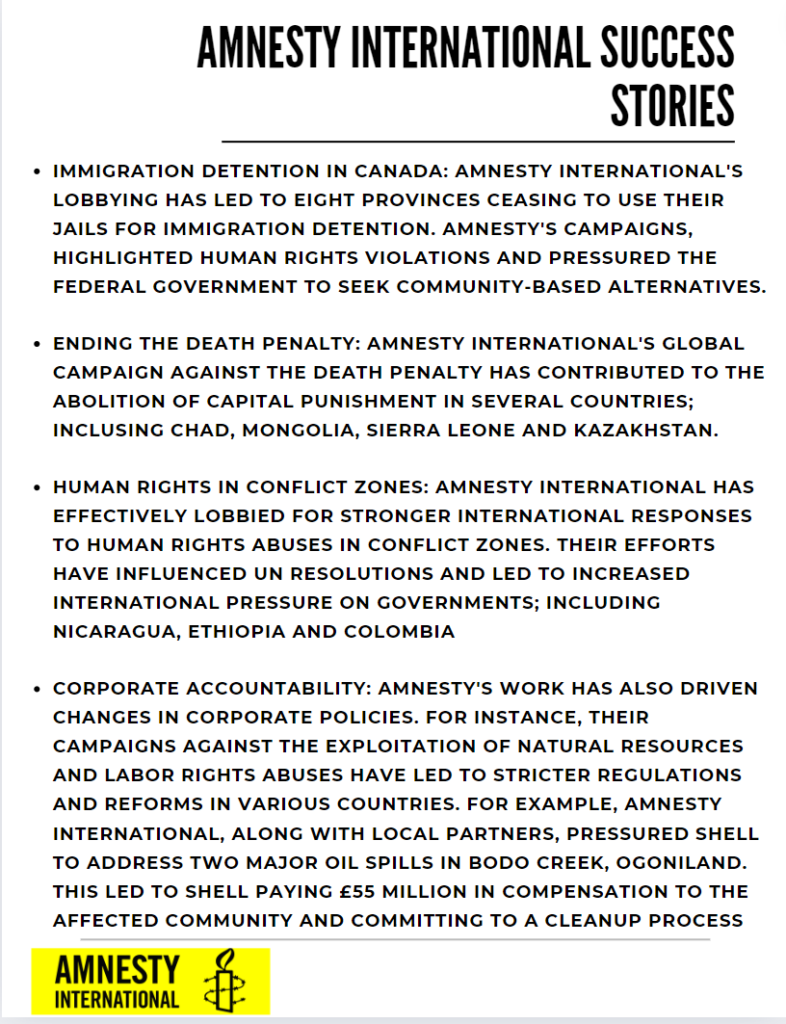
Their tireless efforts can lead to significant policy changes and increased public awareness of critical matters, underscoring the growing importance of NGOs in addressing global challenges and shaping the future of global governance.
Corporations
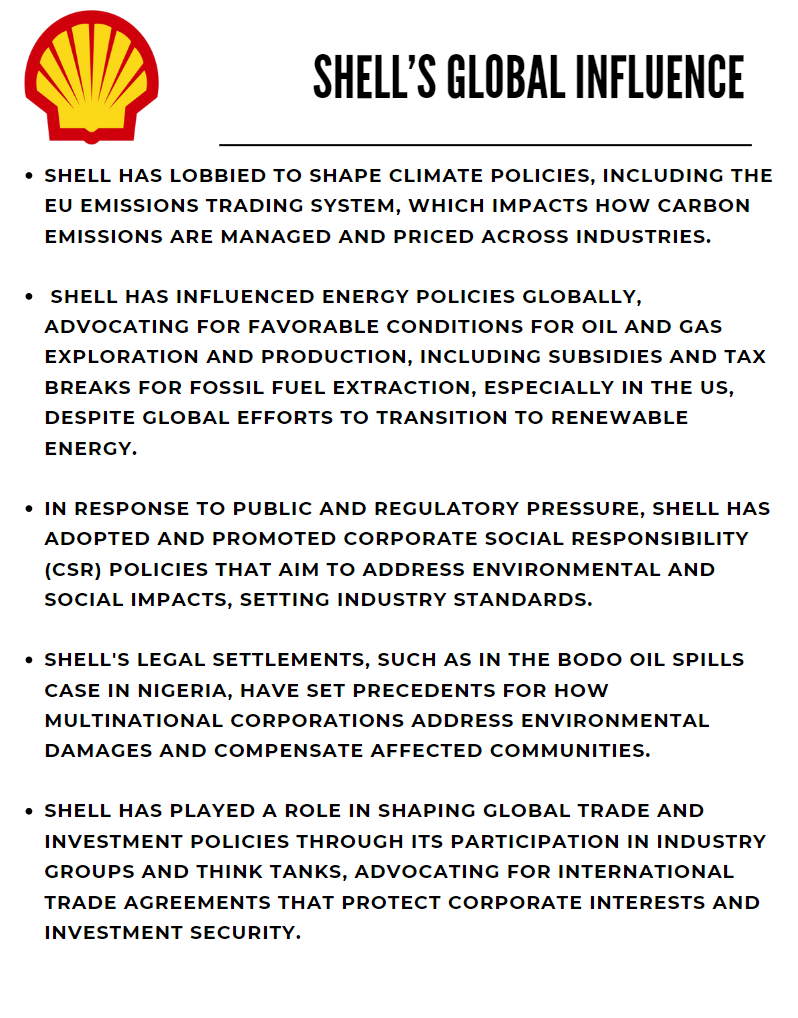
Multinational corporations (MNCs) also wield immense power and influence. Companies like Shell and Apple shape policies and economies worldwide, often lobbying governments to create regulations that favor their operations and leveraging their economic strength to impact foreign policy decisions.
The power of MNCs extends to labor rights and environmental standards in the regions where they operate, as they frequently negotiate directly with governments, sometimes circumventing local laws and regulations.
This raises important questions about the accountability of these corporations and their influence on the sovereignty of nation-states. Despite the controversies surrounding them, MNCs remain key drivers of economic growth and innovation, playing crucial roles in global issues such as climate change and international trade policies.
Private Military Forces
Private military companies (PMCs) have become increasingly influential actors in global conflicts, with groups like Russia’s Wagner Group providing military support in various regions worldwide, including Africa and the Middle East. These companies offer a range of services, from combat support and training to security, enabling countries to conduct operations with a degree of deniability and reduced direct state involvement.
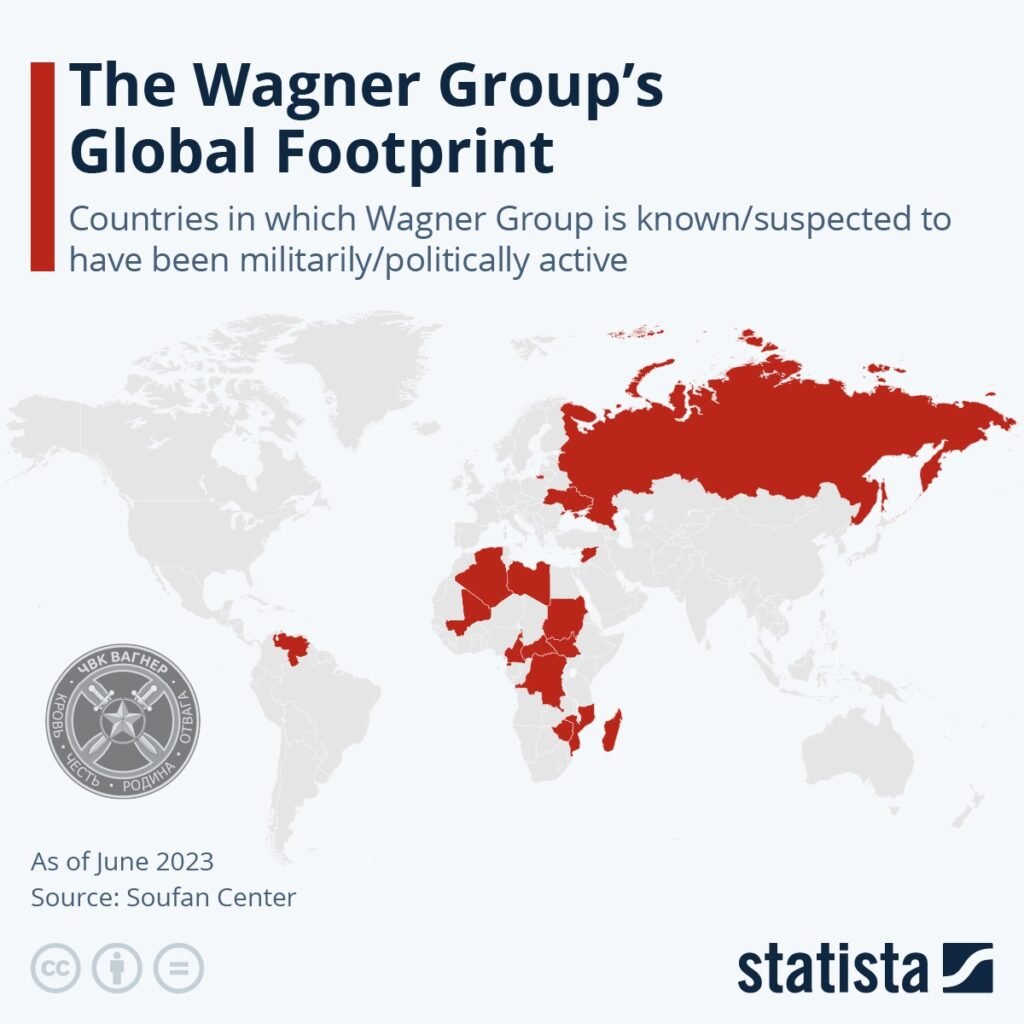
For example, Wagner’s activities in Syria and Libya have allowed Russia to achieve strategic objectives while avoiding official accountability. Wagner has been extensively involved in Africa, where weak governments often rely on Wagner and other Russian PMC’s to reign in rebel factions and terrorists. Wagner often takes control of local resources, such as gold mines in Central African Republic (CAR) and gains the right to extraction; the profits in turn help Russia evade sanctions.
However, Wanger is not a single player, other PMCs frequently operate in regions with weak governance structures, often exchanging their military services for economic benefits such as mining rights. As a result, these companies play crucial roles in modern hybrid warfare, shaping political and economic outcomes in conflict zones around the globe.
PMC’s also help prop up friendly governments. In the aftermath of the coup that ousted Niger’s pro-Western government, the newly established military junta sought assistance from the Russian mercenary organization, Wagner, to protect against a potential military intervention by the Economic Community of West African States (ECOWAS).
The coup’s impact was so profound that it prompted U.S. Secretary of State Antony Blinken to caution the global community about Wagner’s intentions to capitalize on the volatile situation and exploit the instability for their own benefit.
Violent Non-State Actors
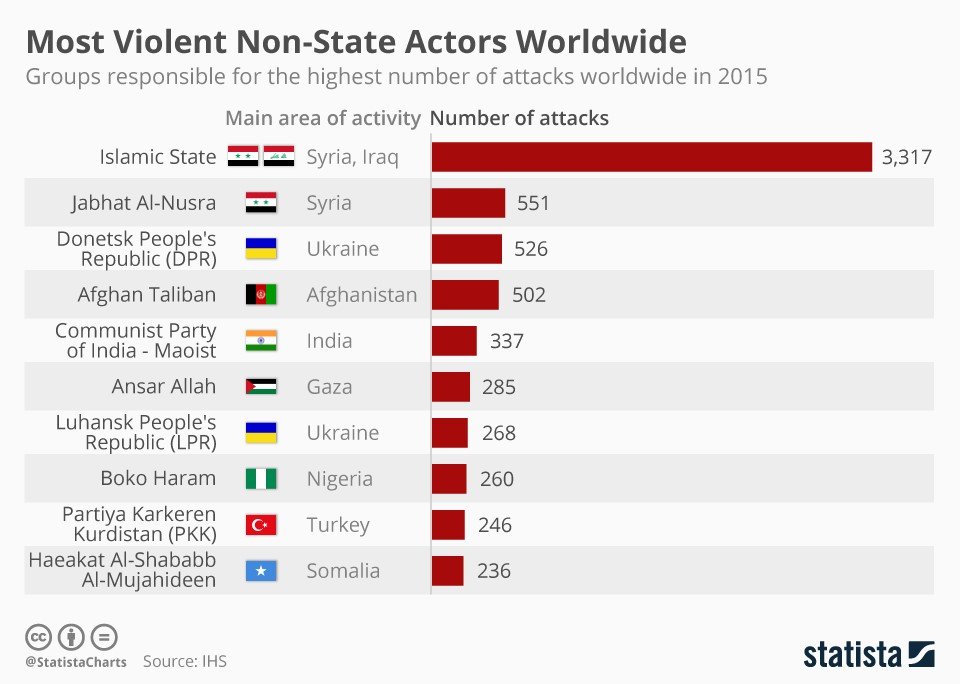
Violent non-state actors (VNSAs), such as terrorist organizations, insurgents, and criminal networks, have a profound impact on global politics. Groups like ISIS, Boko Haram, and drug cartels employ violence to achieve their political objectives, often destabilizing entire regions and undermining the authority of governments.
These actors frequently exploit weak states and conflict zones, creating power vacuums that they can fill. To finance their operations, VNSAs engage in illicit economies, including drug trafficking and smuggling, which disrupt local economies and contribute to humanitarian crises.
Moreover, these groups engage in hybrid warfare, combining conventional combat with cyber attacks and propaganda. The rise of VNSAs poses a significant challenge to traditional state-centric security frameworks, necessitating the development of new strategies to address the threats they pose.
Analysis
Non-state actors (NSAs) are fundamentally reshaping the landscape of global politics, challenging the authority of states and the traditional structures of governance. NGOs, multinational corporations, and private military companies wield significant influence over policy decisions and international relations, often operating outside the confines of state control.
However, NSAs can also contribute to instability and conflict. Groups like ISIS and Hezbollah, with their violent tactics and extremist ideologies, disrupt regional governance and security, leaving a trail of humanitarian crises and economic disruption in their wake.
As the influence of NSAs continues to grow, it is becoming increasingly clear that new strategies for governance are needed. States must find ways to adapt to these changes, striking a delicate balance between collaboration and regulation to effectively address the complex challenges posed by these actors in an ever-changing global political landscape.
The Future of NSAs
Non-state actors (NSAs) will undoubtedly continue to have a significant influence on global politics in the years to come. The rapid advancements in technology and the ever-increasing interconnectedness brought about by globalization will only serve to enhance their impact on the world stage.
NGOs, in particular, will likely intensify their efforts to push for stronger environmental policies and advocate for human rights, holding governments and corporations accountable for their actions.
Multinational corporations, with their vast resources and global reach, will play a critical role in shaping economic policies and trade practices worldwide. While they will continue to drive innovation and economic growth, these corporations may also face increased scrutiny for their environmental and labor practices, as public awareness and concern for these issues grow.
In conflict zones around the world, private military companies will remain active, influencing regional stability and engaging in hybrid warfare that blends conventional military tactics with cyber operations. As cyber threats from non-state actors continue to rise, the international community will be forced to grapple with new challenges to global security.
As the world confronts the urgent threat of climate change, environmental NGOs will intensify their efforts to push for bold climate action, influencing global policies and holding governments and corporations accountable for their environmental impact.
Looking to the future, we can expect to see NSAs increasingly collaborating with governments, creating hybrid governance models that challenge traditional notions of state sovereignty. This shift will necessitate the development of new regulatory frameworks to ensure accountability and transparency in these relationships, as the world adapts to the changing realities of global politics in the 21st century.
Conclusion
Non-state actors (NSAs) have emerged as crucial players, wielding significant influence across various domains. However, the rise of NSAs also presents a challenge to traditional governance structures, as their actions often transcend the boundaries of state control.
As the influence of NSAs continues to grow, it is becoming increasingly clear that new strategies are needed to effectively manage these powerful entities. Governments must find ways to balance collaboration with regulation, working together with NSAs to address global challenges while also ensuring that their actions are accountable and transparent. Looking to the future, it is evident that understanding and adapting to the evolving role of NSAs will be essential for maintaining global stability.

